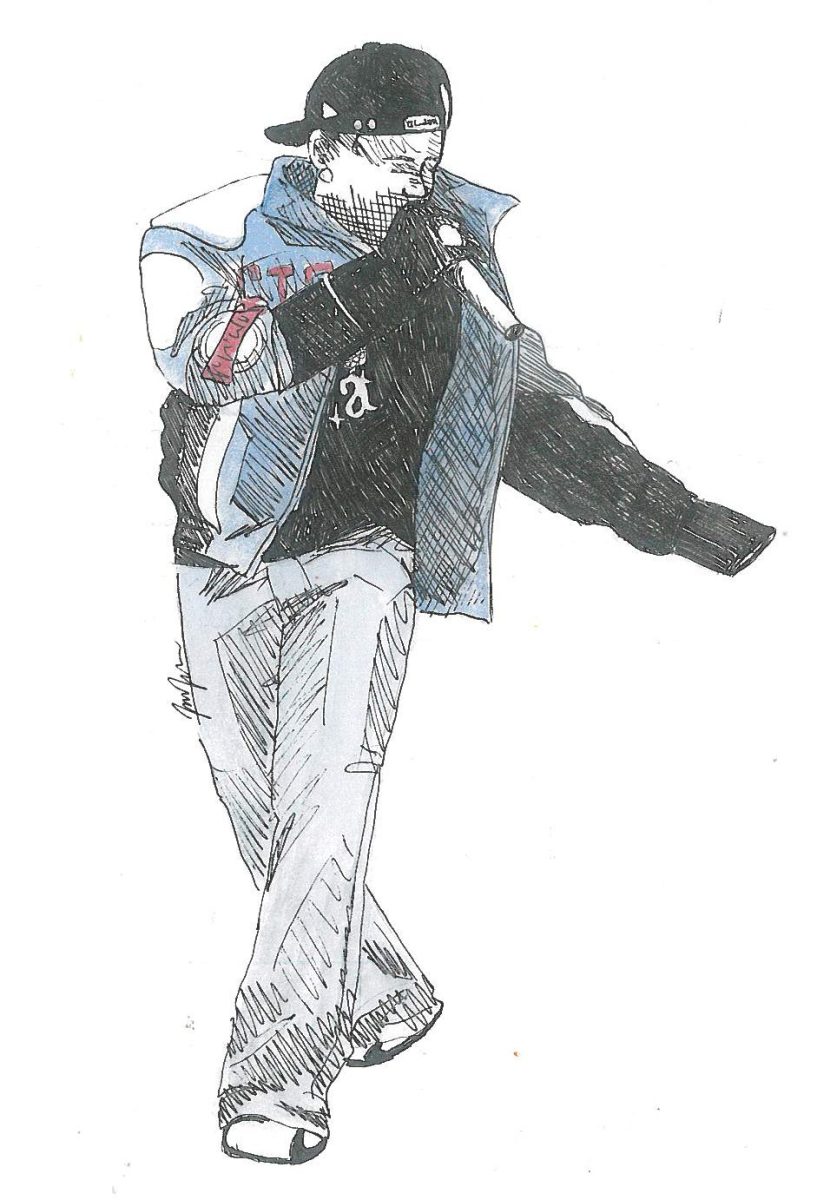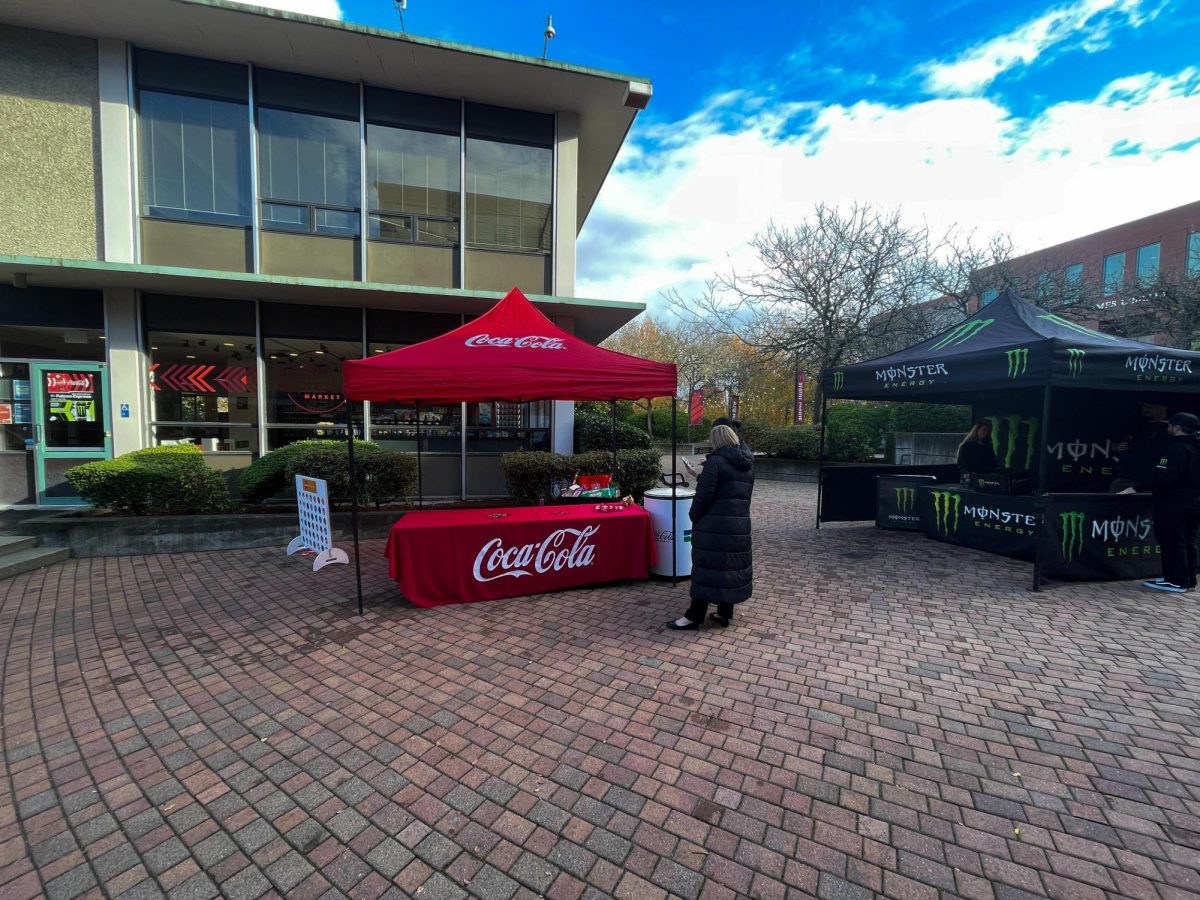A few weeks ago, Ability Access, a U.K. disability rights activist group, was informed by a Facebook marketing team member, in response to their page, that some people see disability as disturbing.
Simon Sansome, who founded Ability Access after becoming wheelchair dependent when he sustained a workplace injury, called Facebook to see why his page was being “banned from inviting people to like the page.”
One of Facebook’s marketing team member’s responded that he would “have to understand that some people see disability as disturbing, you will have to think about it like that,” according to an Ability Access post.
The call, which was recorded and is available to listen on Ability Access’ blog, reveals that the operator then said that they have, “never come across a page that promotes disability.”
Facebook has since commented that the information Sansome received was incorrect, and the real reason his page was blocked was due to a two-year old post featuring Vicky Balch, an Alton Towers’ crash victim, in a modeling shot.
The photo, which features Balch partially covering her naked body, was meant to showcase a “wonderful brave woman showing off her disability,” according to Sansome.
However, because the post was an advertisement, it is subject to stricter standards and was blocked due to it showcasing adult content, according to a response sent by another Facebook spokesperson after Sansome’s blog post with the recorded call went viral.
While Facebook’s original response discussed the page’s role in promoting disability, the post was flagged due to its adult content, not because of the fact that it showcased a woman with a disability.
Facebook announced that the staff member who spoke to Sansome will be undergoing additional training and that the comments “should not have been said.”
There is no point in arguing over Facebook’s advertising policies regarding the nude photoshoot — it is beside the point. The issue here is the targeting of a community of disabled individuals who are being framed as less than human by calling them “disturbing.”
Sansome plans on keeping the video up which features Balch, as it showcases her ability to love herself with a disability.
This concept, however, must be completely foreign to the woman who spoke to Sansome. The idea that a female who is disabled can model, apparently, is “disturbing.”
While it is unclear if the marketing team member was even aware of the real reason the post was flagged, the fact that she so nonchalantly implied that many people find posts and pictures of disabled people disturbing is itself disturbing. This page is meant to raise awareness of everyday issues for people with disabilities, not act as a place for able-bodied people to gawk at those with disabilities.
Ability Access’ page brings awareness to using inclusive, respectful language in regard to the disabled community and issues with so-called disable friendly places. For example, one post comments on a BBC Radio One reporter who called Spina Bifida a “crippling disease.” Spina Bifida is a birth defect that may cause a hunched back, paralysis or muscle stiffness due to an abnormally developed spine.
The marketing team member’s remarks are both ignorant and damaging to a community that, although having legal protection against discrimination, is still the recipient of many micro-aggressions and targeted forms of discrimination every day.
Microaggressions are often stereotypical commentary that is meant to belittle a group, either intentionally or unintentionally. These remarks, and frankly the disabled community in general, are often an afterthought when it comes to politics regarding identity.
Perhaps many people assume that because we have protections under the Americans with Disabilities Act, we do not have to deal with everyday microaggressions, and we never witness the explicit discriminatory acts or words many other identities experience.
However, as this Ability Access call shows, ignorant mindsets are still a real issue.
As a disabled individual, I have had many experiences in my life of people staring at me as I walk by. While I have never felt “disturbing” in those instances, I did feel subject to ignorant beliefs that I was broken or a novelty to be examined.
This call only serves to reinforce that dangerous mindset of disabled people being something less than human and not deserving of respect.
We should strive to create educated, understanding, and inclusive communities within our society and workforce for those with disabilities. We as a society need to realize that having a disability is more common than a person thinks and this fact does not make us “disturbing.”
It makes us human.






















































































